Leading scientists in South Africa believe the country has established a form of collective or herd immunity to COVID-19 after the number of infections unexpectedly plummeted following a major outbreak in June and July of this year.
Commenting on a series of studies revealing the existence of high infection rates in the provinces of Western Cape and Gauteng, the country’s leading vaccinologist, Professor Shabir Mahdi, told Sky News that he believed the coronavirus had stimulated a level of immunity in approximately 12 to 15 million people.
“What has happened in SA today, the only way to explain it, the only plausible way to explain it is that some sort of herd immunity has been reached when combined with the use of non-pharmaceutical interventions… like the wearing of masks, physical distancing, ensuring ventilation when indoors and so on.”
At the height of the pandemic, South Africa was ranked as the world’s fifth most-affected country, behind the United States, India, Brazil and Russia – all of which have much larger populations.
It was at this point that researchers based in Cape Town began testing for traces of the virus in blood samples provided at local clinics by a pregnant woman and HIV patients.
Virologists like Dr Marvin Hsiao were surprised to find that on average 40% of respondents had developed coronavirus antibodies with the majority being unaware that they had been infected.
Preliminary indications from a similar study in Gauteng, which contains the country’s largest city, Johannesburg, reveal that approximately one third of those tested had been infected.

“Inexplicably, the numbers (of those infected with COVID-19) started dropping off at the end of July, and at the time I couldn’t explain why,” said Dr. Hsiao.
“But when we analyzed the data it becomes clear, this immunity within the population level (linked to) the big surge infections is probably the main reason why we’ve seen the decrease of numbers of infected.”
The understanding that South African scientists have reached on the attainment of a level of collective immunity in their country seems to contradict a study by researchers at Imperial College, London, who found that the number of people with COVID-19 antibodies in the UK declined from 6% of the population in June to 4.4% in September.
Their ‘React-2’ study suggests that immunity to COVID-19 may be short-lived, but Professor Mahdi challenges the importance of antibody analysis, pointing out that it only evaluates one part of the human body’s immune system.
“This waning of antibodies does not really inform what to expect without adequate interrogation of other components of the immune system. Experience with common cold and SARS coronavirus is that T-cell immunity likely lasts for 2-3 years”.
- سيعجبك أيضاً




Recent Comments